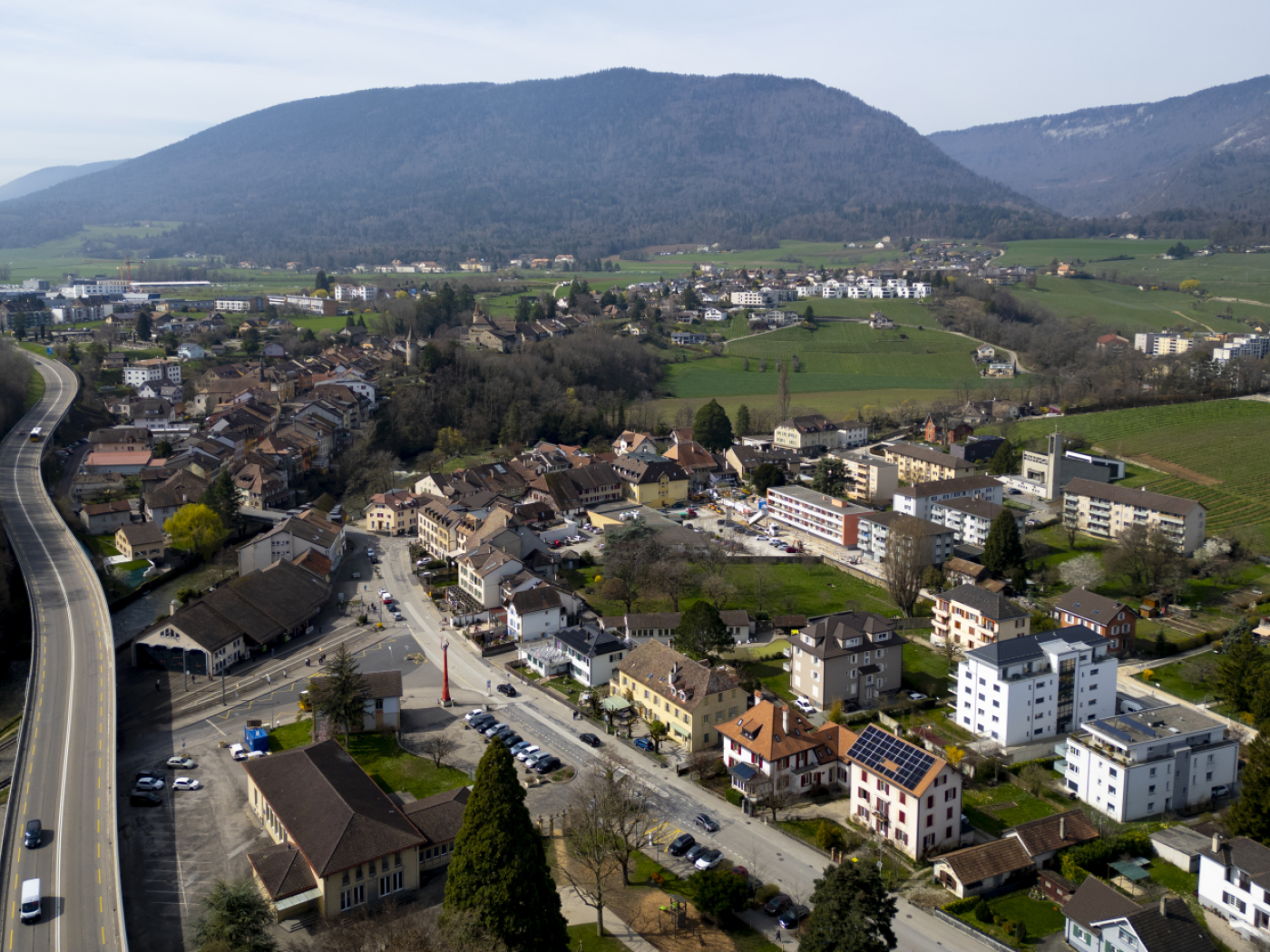
Switzerland reports drop in asylum applications in 2024

The number of asylum applications submitted in Switzerland in 2024 decreased by 8.2% to 27,740 cases.
+ Get the most important news from Switzerland in your inbox
Afghanistan was again the main country of origin of asylum-seekers in Switzerland, with 8,627 applications. Of these, 3,300 were submitted by people who already held a residence permit, following a change in practice with regard to Afghan women.
+ Switzerland rejected 18.5% more asylum seekers in 2024
The federal authorities have managed to reduce the number of pending applications by a quarter, to almost 12,000, the State Secretariat for Migration (SEM) said in a press release on Monday.
Many migrants arriving in Europe still prefer to travel to Germany, France or the UK. Most of the people intercepted at the Swiss border by the Federal Office for Customs and Border Security have not applied for asylum in Switzerland, the SEM points out.
Translated from French with DeepL/sb
This news story has been written and carefully fact-checked by an external editorial team. At SWI swissinfo.ch we select the most relevant news for an international audience and use automatic translation tools such as DeepL to translate it into English. Providing you with automatically translated news gives us the time to write more in-depth articles.
If you want to know more about how we work, have a look here, if you want to learn more about how we use technology, click here, and if you have feedback on this news story please write to english@swissinfo.ch.

In compliance with the JTI standards
More: SWI swissinfo.ch certified by the Journalism Trust Initiative






























You can find an overview of ongoing debates with our journalists here . Please join us!
If you want to start a conversation about a topic raised in this article or want to report factual errors, email us at english@swissinfo.ch.